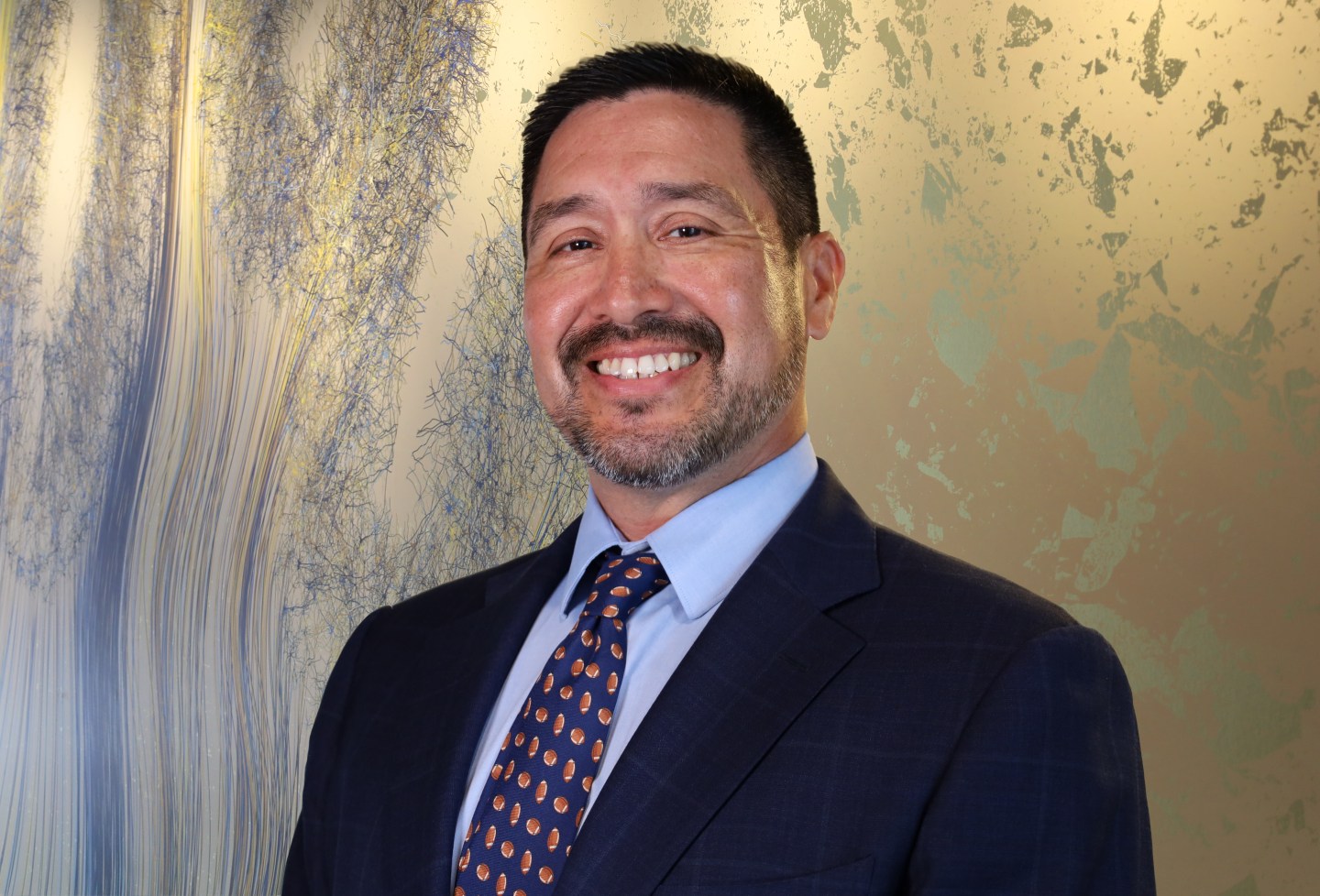The Leadership Insiders network is an online community where the most thoughtful and influential people in business contribute answers to timely questions about careers and leadership. Today’s answer to the question, “How can you play a role in advancing workplace equality?” is written by Laura Mather, founder and CEO of Unitive.
When workplaces start talking about equality—especially in hiring practices—many often fall back on the same fix: unconscious bias training. Unconscious bias training does raise awareness. Employees usually have an “aha” moment in the training when they think, “I now understand why certain underrepresented groups are so annoyed about how they are treated!” And that moment is powerful and can be a catalyst for change.
However, a Harvard Business Review study shows that unconscious bias training does not actually change hiring outcomes. And Alphabet, Google’s parent company, still has a stubbornly unequal workforce, despite being the first large tech company to implement these diversity initiatives.
The good news is that there is plenty of research about how to mitigate unconscious bias in hiring. Harvard economist Iris Bohnet explains in her book What Works that if you want to change behavior, you have to change process. And there are some fairly simple process changes you can put in place that will make a significant difference in your company’s composition. Here are a few:
- Make the hiring team clearly define the job (including the skills and values that are important for the role and the relative priorities of each) before they look at resumes or start talking to candidates.
- Conduct a blind resume review. Remove names from resumes before the hiring team reviews them. If you want to take this even further, remove the names of schools, but leave what degree they obtained.
- Carry out structured interviews. Assign each interviewer to evaluate candidates’ skills and values using the criteria outlined in the first step. Have each interviewer report a score for each skill and value they were assigned to review.
- Collate and send out interview feedback ahead of the interview committee meeting, but after all interviews are complete. This prevents groupthink.
The key to eliminating bias is understanding that people tend to perform quick pattern matches, especially when it comes to reviewing resumes and conducting interviews. These pattern matches focus on what is immediately visible, such as the school someone attended or what sport they play. By using the steps described above, your organization can be sure that interviewers are focused on what is important: the skills and values associated with a role.
Even these few steps can help make hiring committees less biased and lead to actual changes in workplace equality. In addition, they go beyond just gender. When people focus on what is relevant, they stop focusing on irrelevant factors such as gender, race, or age.
Of course, it isn’t enough just to hire a diverse workforce. People also need to feel included once they arrive in the office. But getting the right person through the door—regardless of biased factors—is the first step toward ensuring an equitable workplace.











